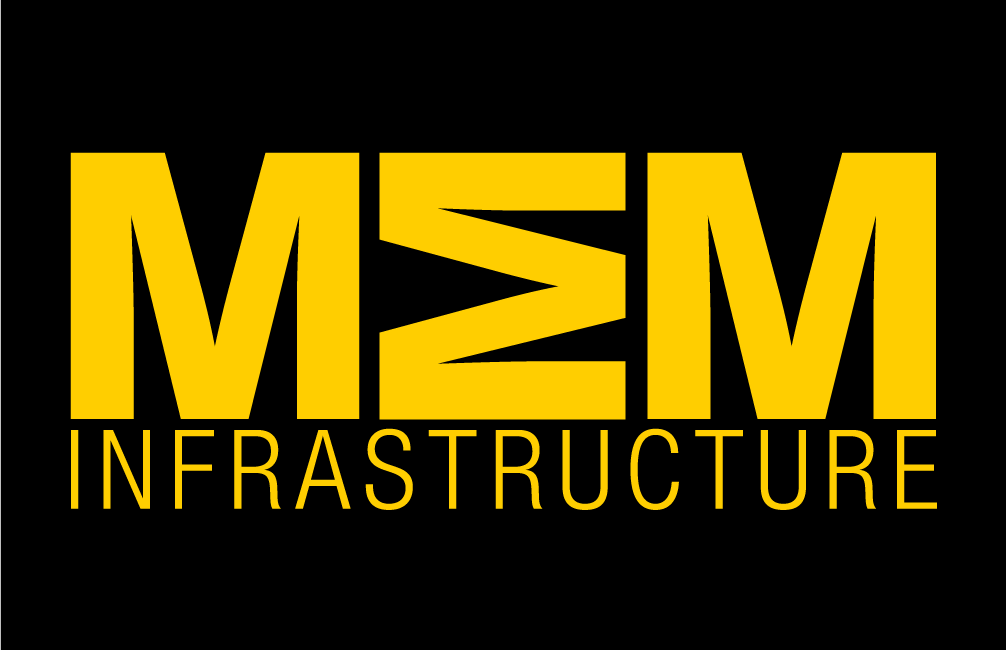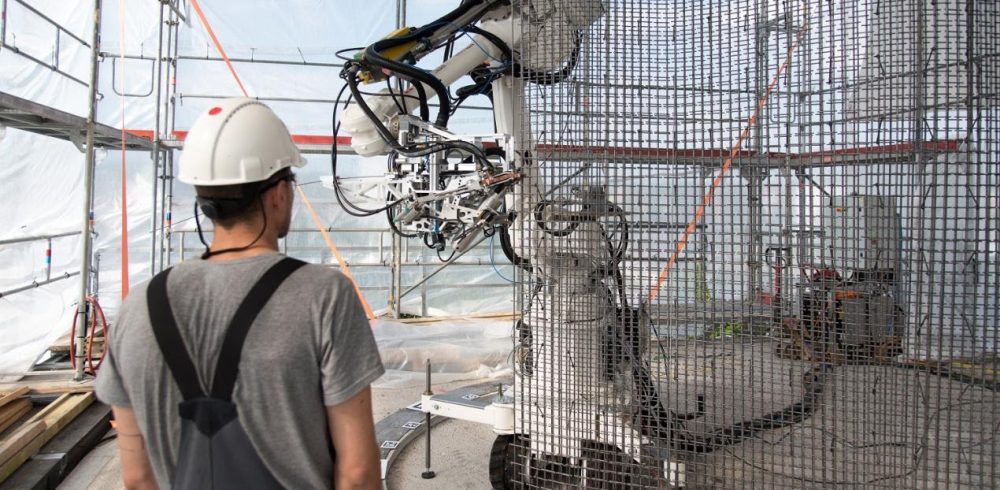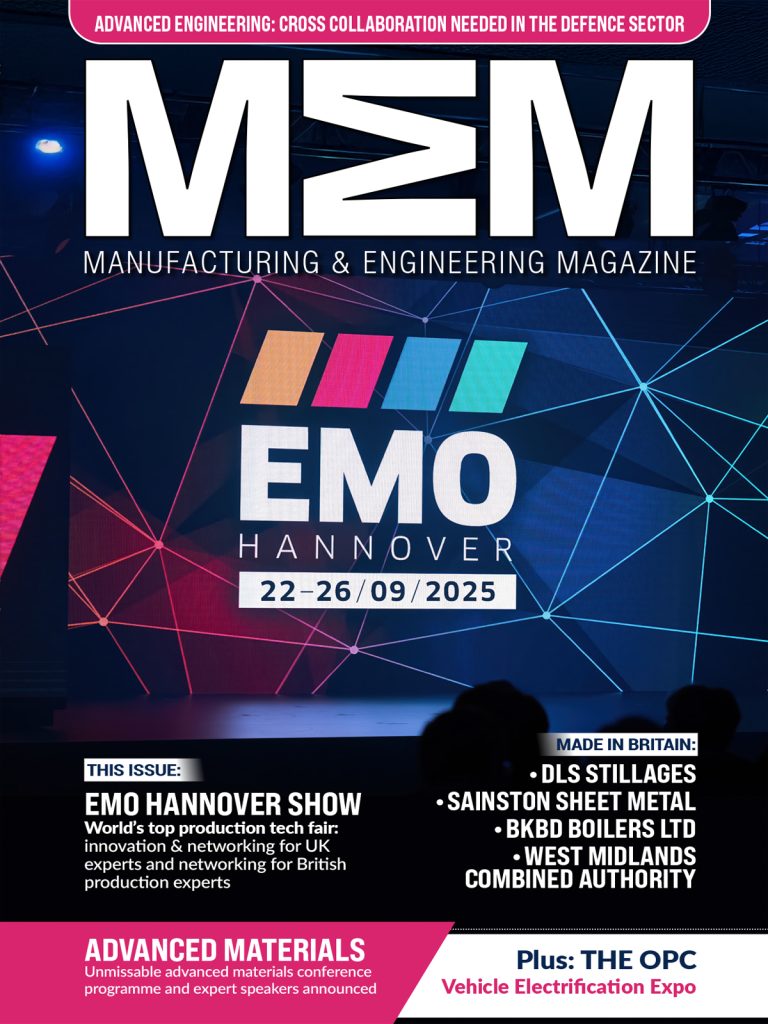A new global survey commissioned by ABB of 1900 large and small construction businesses has revealed that 91 percent of companies are facing a growing skills crisis over the next 10 years, with 44 percent saying they struggle to recruit for construction jobs. Improving health and safety on building sites was a priority for 42 percent and the same percentage said the environment is a key driver for industry change.
81 percent of construction businesses said they will introduce or increase the use of robotics and automation in the next decade, while today only a handful of businesses benefit from robotics. In the survey, only 55 percent of construction companies say they use robots, compared with 84 percent in Automotive and 79 percent in Manufacturing.
To help address these findings, ABB Robotics will be driving the uptake of automation in the construction industry with new robotic automation solutions to address key challenges, which include the need for more affordable and environmentally friendly housing and a significant reduction in the environmental impact of construction, amidst a labor and skills shortage.
Robotic automation offers huge potential to enhance productivity, efficiency and manufacturing flexibility throughout the construction industry, including automating the fabrication of modular homes and building components off-site, robotic welding and material handling on building sites and robot 3D printing of houses and customized structures. As well as making the industry safer and more cost effective, robots are improving sustainability and reducing environmental impact by enhancing quality and cutting waste.
Industry forecasts for the total value of the global construction industry predict it will rise by 85 percent to $15.5 trillion worldwide by 20302, while ABB Robotics’ internal analysis of the market potential for robotic automation over the next 10 years is for high double digit growth rate in key sectors of construction including pre-fabrication and 3D printing.
“With so few construction businesses using automation today, there’s huge potential for us to transform the industry through robotics. Unlike building cars or assembling electronics, many techniques used in construction haven’t changed for generations, so we are developing new solutions to address key industry challenges,” said Sami Atiya, President of ABB’s Robotics & Discrete Automation Business Area.
“This new customer segment will broaden our portfolio as part of a wider strategy to accelerate expansion in high-growth segments including electronics, healthcare, consumer goods, logistics and food and beverage, to meet the growing demand for automation across multiple industries.”
ABB’s robotic solutions for construction are already being used in various pilot projects to help improve flexibility, productivity and quality, including the automated fabrication of timber roof supports with Autovol in Canada, the robotic installation of elevators with Schindler Lifts and the robotic automation of Intelligent City’s production of prefabricated modular homes, which has increased production efficiency by 15 percent and speed by 38 percent, while reducing waste by 30 percent.
Skanska’s robot welding application has improved quality, employee productivity and safety by automating the fabrication of steel reinforcement baskets on-site. This solution has also reduced the cost and environmental impact of transporting bulky finished reinforcement baskets to building sites.
ABB is also working with several leading universities to co-develop new automated construction technologies including ETH Zurich, a leading research university in Switzerland. At ETH, ABB is supporting research in the field of robotics fabrication in architecture and construction and has helped establish the world’s first laboratory for collaborative robotic digital fabrication in architecture, hosted at the ETH’s Institute of Technology in Architecture.
Manufacturing & Engineering Magazine | The Home of Manufacturing Industry News
















